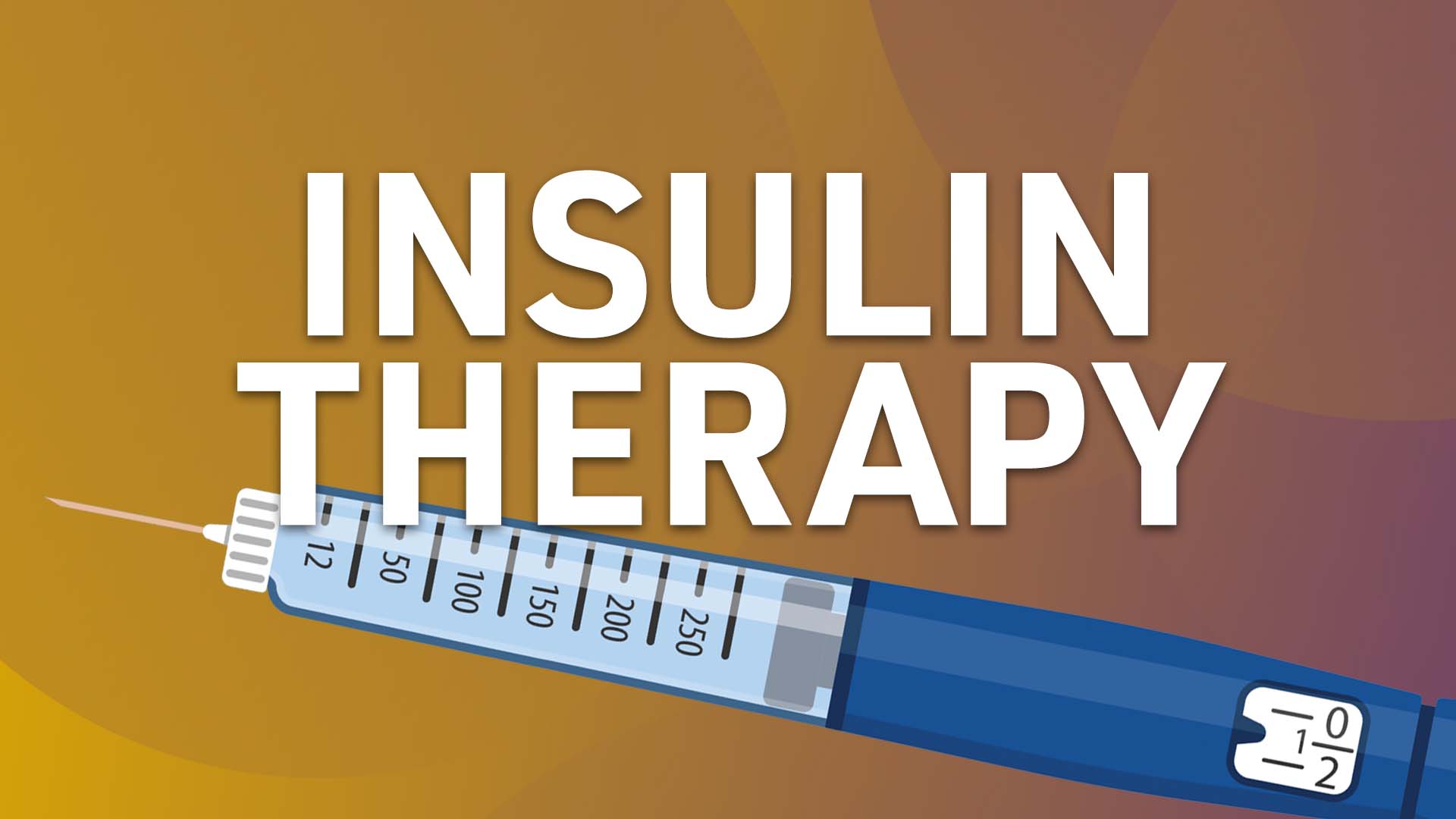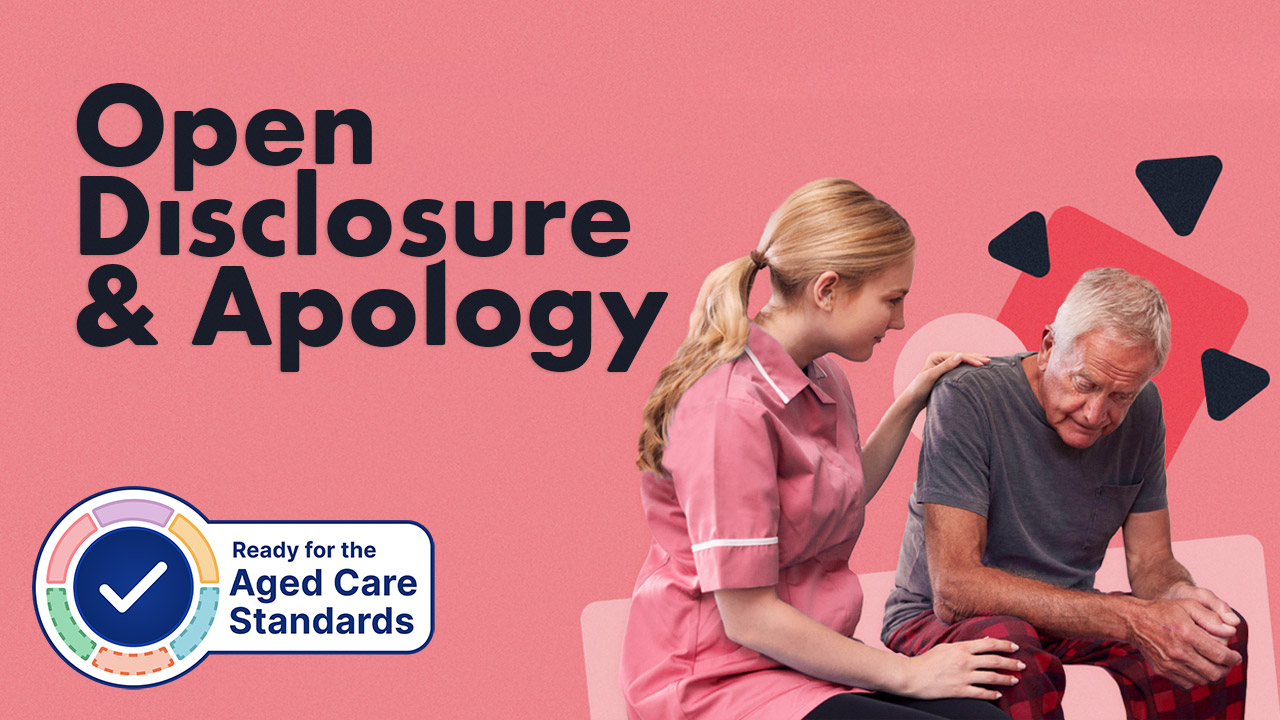Preventing Medication Errors


Content
What you'll learn:
Identify the potential risks associated with medication errors in order to prevent adverse events.
Improve patient safety by applying relevant rules and strategies to reduce the potential for medication errors.
Calculate medicine doses accurately to ensure safe administration of medications in clinical practice.
Who it's for:
Why it's needed:
Medicine use can be associated with harm and the common use of medicines means they are associated with more errors and adverse events than any other aspect of healthcare.
There is a need for formal education on the prevention of medication errors as the prevalence of medication errors is of particular concern and evidence shows the majority of these errors are preventable.
Purpose:
Topics
Assign mandatory training and keep all your records in-one-place.
Find out more
Recommended resources


 Free
Free




 Free
Free
 New
New